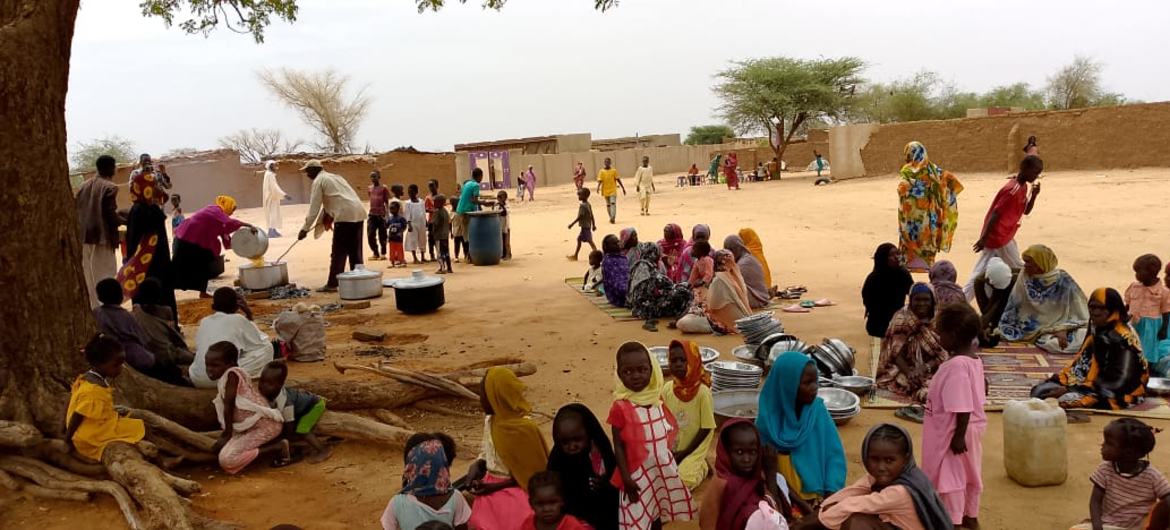UN: RSF accused of sexual violence forced recruitment in Darfur


According to a situation update by the UN office for the Coordination of humanitarian Affairs (OCHA), displaced families reported killings, widespread looting, and the destruction of shelters during RSF’s raid on the camp. Survivors described a breakdown in access to legal assistance, mental health services, and support for victims of gender-based violence.
“Reports from humanitarian partners indicate a sharp increase in sexual violence, forced recruitment, and civilian targeting by RSF fighters,” the UN stated.
Satellite imagery confirmed large fires in Zamzam’s central and southern zones. Once home to approximately 400,000 displaced people, the camp is now nearly deserted. The International Organization for Migration (IOM) reported that 332,000 people have fled to areas across North and Central Darfur. These include the localities of Tina, Mellit, Tawila, and Dar El Salam. Another 150,000 people arrived in El Fasher, while an estimated 181,000 moved to Tawila locality alone.
Meanwhile, El Fasher is facing a severe fuel crisis, which has paralyzed essential services such as water delivery. The UN reported that diesel prices have surged fivefold over the past three months. One liter of diesel now sells for 68,000 Sudanese pounds—approximately $11—making water transport nearly impossible in several neighborhoods.
The RSF, commanded by Mohamed Hamdan Dagalo (Known as Hemedti), has been accused of repeated human rights abuses throughout Sudan’s ongoing civil war. The group’s intensified operations in Darfur have triggered a wave of mass displacement and deepened the humanitarian crisis in the region.
Local health workers also warn of rising medical emergenicies among displaced populations, particularly children and the elderly. The lack of clean water and refrigeration for essential medications, such as insulin, has already led to preventable complications and deaths in makeshift settlements
International aid agencies warn that without immediate intervention, access to clean water, medical care, and protection services will continue to deteriorate. Civilians already burdened by war, hunger, and displacement now face mounting threats to their safety and survival.
The UN urged all parties to uphold international humanitarian law, ensure safe passage for civilians, and allow unrestricted access for humanitarian aid workers
sudanspost.com